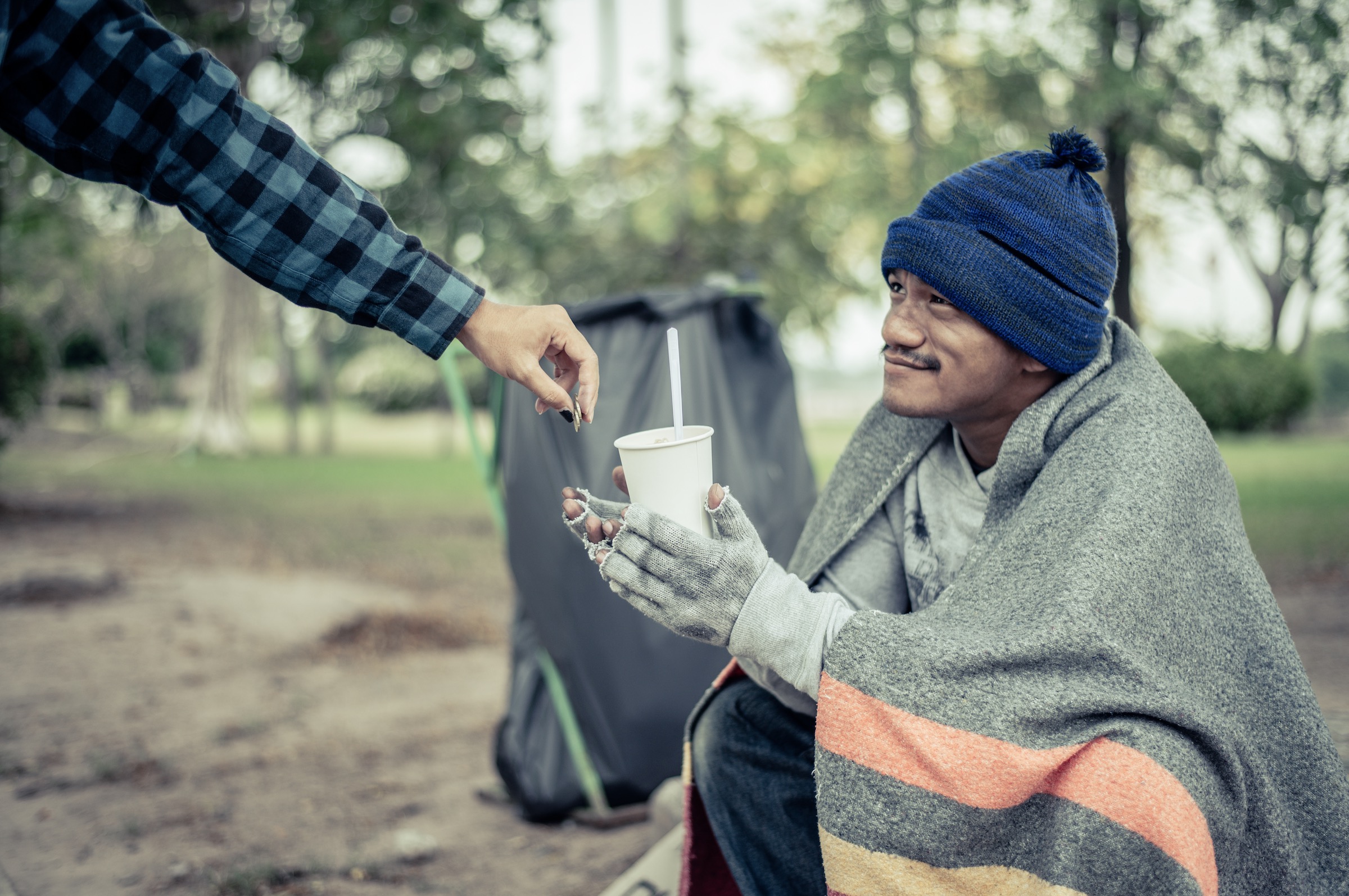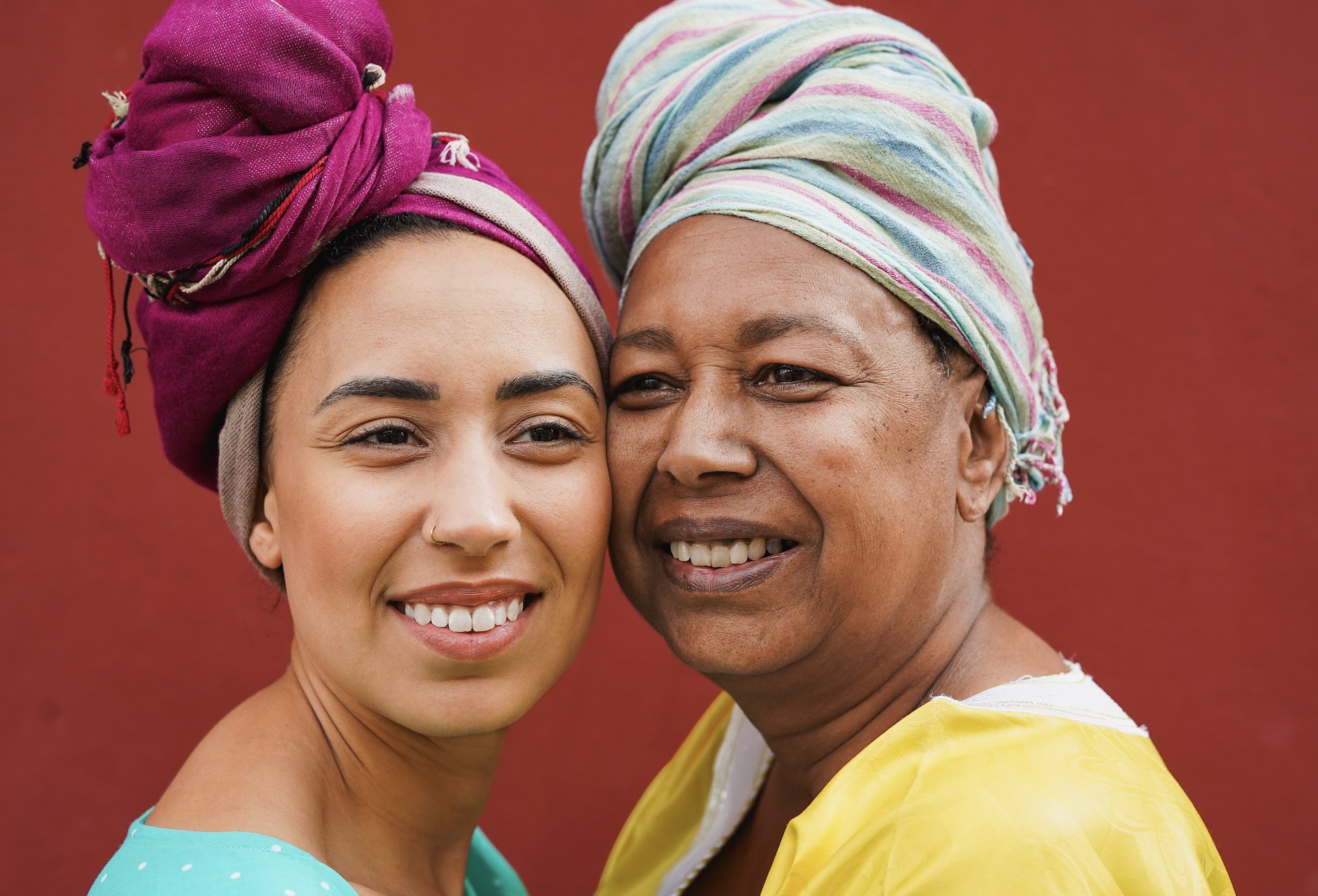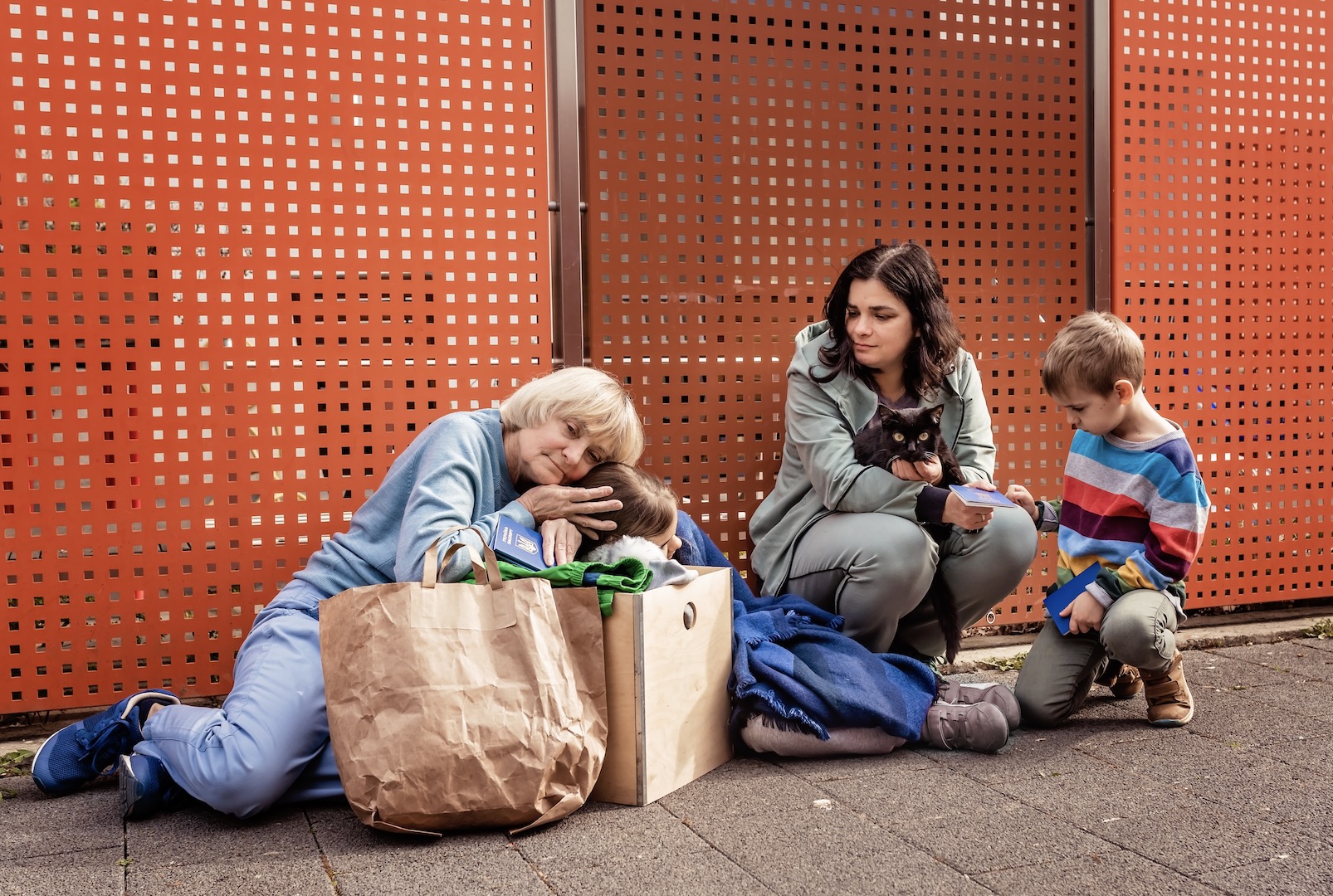On this page, we Discuss Why Unequal Access to Basic Services Could Give Rise to Social Injustices Unequal access to basic services is a...
On this page, we analyse the impact of gender-based violence on broken family structure and social ills.
Gender-based violence (GBV) has significant and detrimental impacts on family structures and contributes to various social ills in South Africa.
In South Africa, GBV often leads to:
- Breakdown of Family Units: When violence is present in the home, it can lead to separation or divorce, fracturing what might otherwise be supportive family relationships. This breakdown not only affects partners but also deeply impacts children, leading to long-term emotional and psychological effects.
- Economic Hardship: Families affected by GBV often experience financial strain. If the abuser is a primary breadwinner, the victim might face economic dependency which complicates decisions to leave unsafe environments. This can perpetuate a cycle of poverty and further entrench family instability.
- Mental Health Issues: Both victims and witnesses of GBV, including children, are at increased risk of developing mental health issues such as anxiety, depression, and post-traumatic stress disorder (PTSD). These issues can hinder personal development and social integration.
- Perpetuation of Violence: Exposure to GBV can normalize violence for children, who may grow up to replicate these behaviors, thus perpetuating a cycle of violence across generations.
- Impact on Community Social Structure: GBV contributes to broader social problems, including increased strain on healthcare and legal systems, reduced workplace productivity, and perpetuation of gender inequalities.
The effects of GBV in South Africa underscore the urgent need for comprehensive intervention strategies, encompassing not only legal and protective measures but also educational and support programs aimed at prevention and healing.
Family structure refers to the organization or configuration of a family, including the members and their relationships to each other. It encompasses the various forms families can take, such as nuclear families (parents and their children), extended families (including grandparents, aunts, uncles, and cousins), single-parent families, and more modern variations like blended families (where partners from previous relationships bring their children into a new family unit) and childless families. The structure of a family influences the roles, responsibilities, and interactions among its members, and it can significantly impact the social and emotional development of individuals.
Social ills are issues or problems that affect the well-being of individuals and communities within a society. They can be widespread and often reflect deeper systemic problems within a social structure. Examples of social ills include:
- Poverty: A significant issue that affects millions, leading to inadequate access to basic necessities like food, shelter, and healthcare.
- Crime: Includes a range of unlawful activities that threaten community safety and cohesion.
- Drug abuse: The misuse of drugs leading to health problems, familial disruption, and increased crime.
- Education disparities: Unequal access to quality education, which perpetuates cycles of poverty and limits career opportunities.
- Healthcare disparities: Unequal access to medical services, which affects the physical and mental health of marginalized populations.
- Discrimination: Unfair treatment of individuals based on race, gender, age, sexuality, or other characteristics, leading to societal divisions and personal hardships.
Both family structures and social ills are interconnected, as the stability and functionality of family units can influence and be influenced by the broader societal issues. For example, a stable family structure can offer better support against social challenges like poverty and education disparities, while dysfunctional family settings may exacerbate these issues.
Breakdown of Family Units
Gender-based violence often results in separation or divorce, significantly impacting family cohesion. A stark example is the tragic case of Reeva Steenkamp, whose murder by Oscar Pistorius not only ended her life but also shattered her family and sparked global discussions on domestic violence in South Africa.
Economic Hardship
Victims often face economic dependency when the abuser is the main financial provider, making it challenging to leave the abusive environment. This is especially problematic in rural areas of South Africa, where economic opportunities are scarce, further entrenching cycles of poverty and abuse.
Mental Health Issues
The psychological impact of witnessing or experiencing GBV can lead to long-term mental health issues such as depression and anxiety. Children in South Africa who grow up in violent households often suffer in their academic and social development, echoing the deep psychological scars left by domestic violence.
Perpetuation of Violence
Exposure to GBV can normalize violence for children, who may grow up to replicate these behaviors. Studies indicate that in South African communities, boys exposed to their fathers’ violence are more likely to become abusive towards their partners, perpetuating a cycle of violence across generations.
Impact on Community Social Structure
GBV has extensive repercussions, overburdening healthcare and legal systems with the aftermath of violent incidents. The economic impact is also significant, with reduced productivity in workplaces and reinforced gender inequalities. Community interventions, like educational programs in townships, are crucial in changing perceptions and behaviors regarding violence and gender roles in South Africa.







